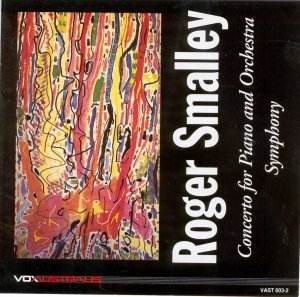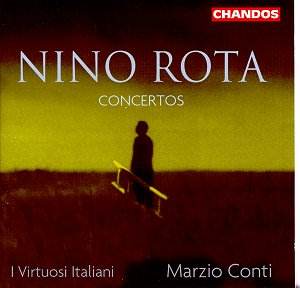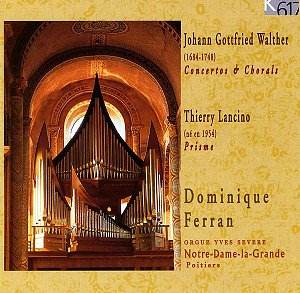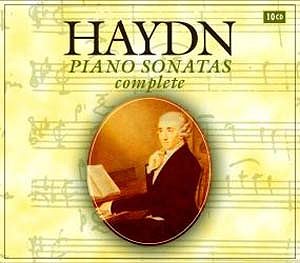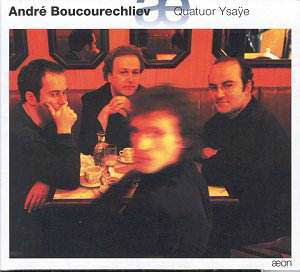 Composer: André Boucourechliev
Composer: André Boucourechliev
Works: Quatuor III (1994), Miroir 2 (1989), Archipel II (1968)
Performers: Quatuor Ysaye
Recording: Radio France Studio 107, December 2000
Label: ÆON AECD 0102
The music of André Boucourechliev, a composer who emerged from the post-war French avant-garde, often grapples with the tensions between structure and freedom, tradition and innovation. This new release from ÆON brings together three significant works for string quartet, providing a compelling snapshot of Boucourechliev’s evolving compositional voice over nearly three decades. It is an essential collection for those interested in the intricate interplay of contemporary techniques and the rich heritage of the string quartet medium.
The performance of the Quatuor Ysaye is particularly noteworthy, revealing not only technical prowess but also an intimate understanding of Boucourechliev’s aesthetic. Quatuor III serves as an ideal introduction to the composer’s style, marked by a balance of complexity and clarity. The ensemble navigates its intricate rhythms and textures with precision, allowing the work’s inherent lyricism to emerge organically. The opening movements unfold with a lightness that belies their technical demands, while the shifting dynamics and articulations showcase the quartet’s ability to interpret Boucourechliev’s nuanced instructions. This is particularly evident in the movement transitions, where the players adeptly balance momentum with the quieter, introspective moments that characterize the work.
Miroir 2 stands out as a homage to Beethoven, and the Ysaye Quartet’s interpretation is imbued with a palpable respect for the historical context. The second movement, which employs a controlled aleatory process, is approached with an attentiveness to the work’s inherent spontaneity. The players engage in a dialogue that feels simultaneously structured and free, echoing Boucourechliev’s own homage to the great composer. The interplay of the strings is executed with both delicacy and vitality, reflecting the duality of the piece—both a nod to tradition and a venture into the realms of modernity.
Archipel II, composed a generation earlier, presents a more challenging landscape for both performer and listener. Its open-form structure, defined by the use of harmonic poles and player-directed transitions, demands an extraordinary level of communication among the musicians. The Ysaye Quartet rises to this challenge, exhibiting a sophisticated grasp of the work’s percussive elements and the dynamic contrasts that Boucourechliev employs. The work’s climactic moments are handled with a thrilling intensity, while the more subdued passages reveal a profound sensitivity to the subtleties of the score. This duality in performance captures the essence of Boucourechliev’s intent—navigating the islands of sound with both freedom and purpose.
The recording quality is exemplary, with a warm, resonant sound that allows the nuances of the string textures to come through beautifully. The engineering captures the rich timbres of the instruments and the lively interplay of the quartet, ensuring that listeners can appreciate the intricacies of Boucourechliev’s compositional technique. The acoustic space of Radio France Studio 107 further enhances the listening experience, providing a natural ambiance that complements the music’s expressive range.
This release stands as a significant contribution to the discography of contemporary string quartets, illuminating the unique voice of André Boucourechliev. The thoughtful programming, featuring works in reverse chronological order, invites listeners to trace the evolution of the composer’s musical language. The Ysaye Quartet’s performances are both technically assured and deeply felt, making this album not only a valuable resource for those familiar with Boucourechliev’s oeuvre but also an accessible entry point for new listeners. The collection offers a compelling argument for the broader appreciation of a composer whose work remains too seldom heard, yet richly rewarding for those willing to engage with its complexity. Highly recommended for enthusiasts of contemporary chamber music and the string quartet repertoire.
